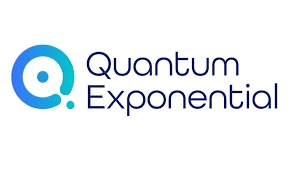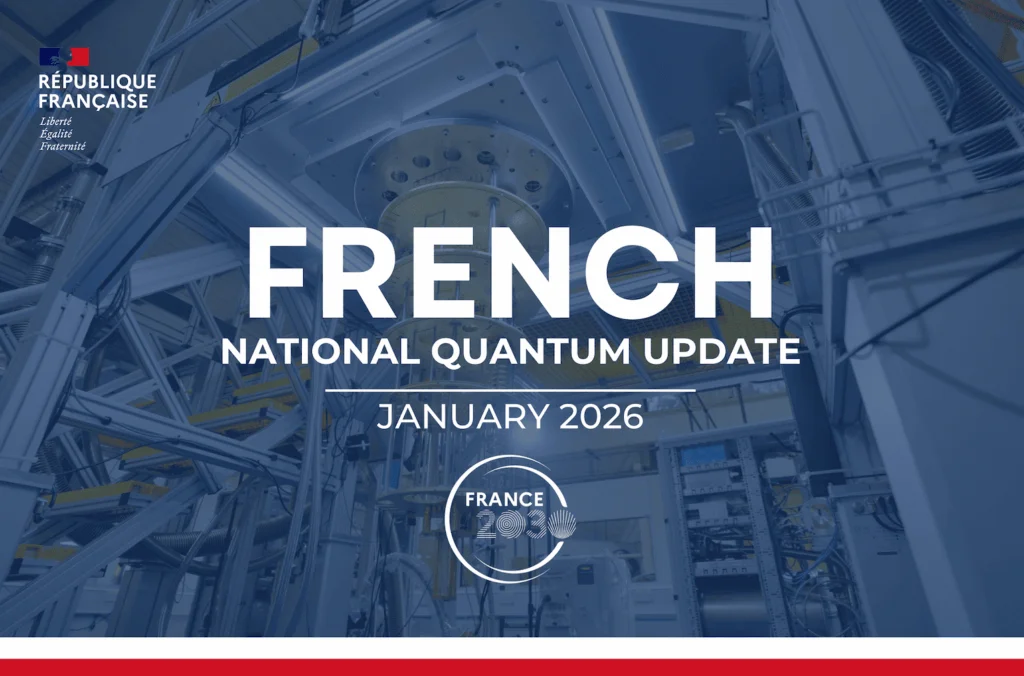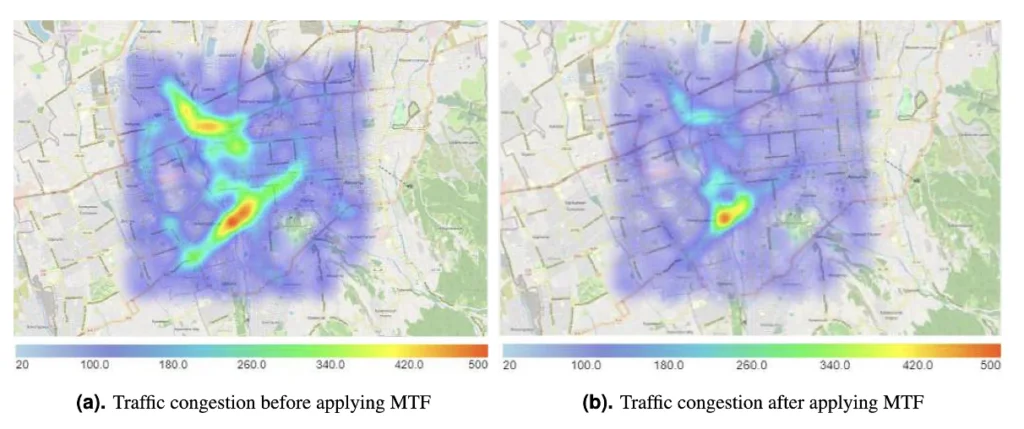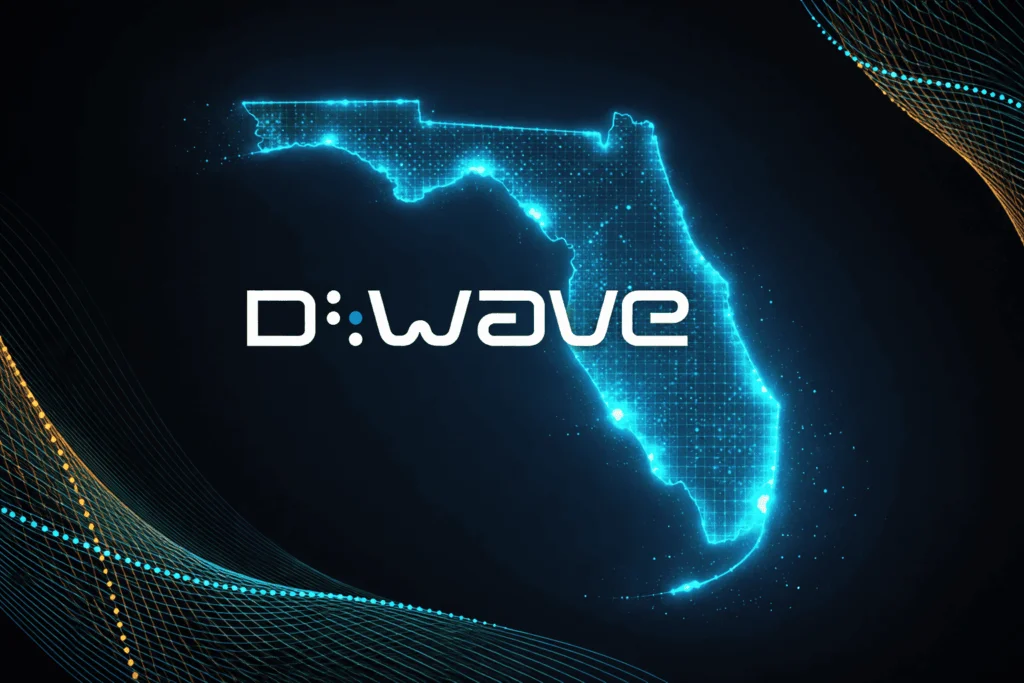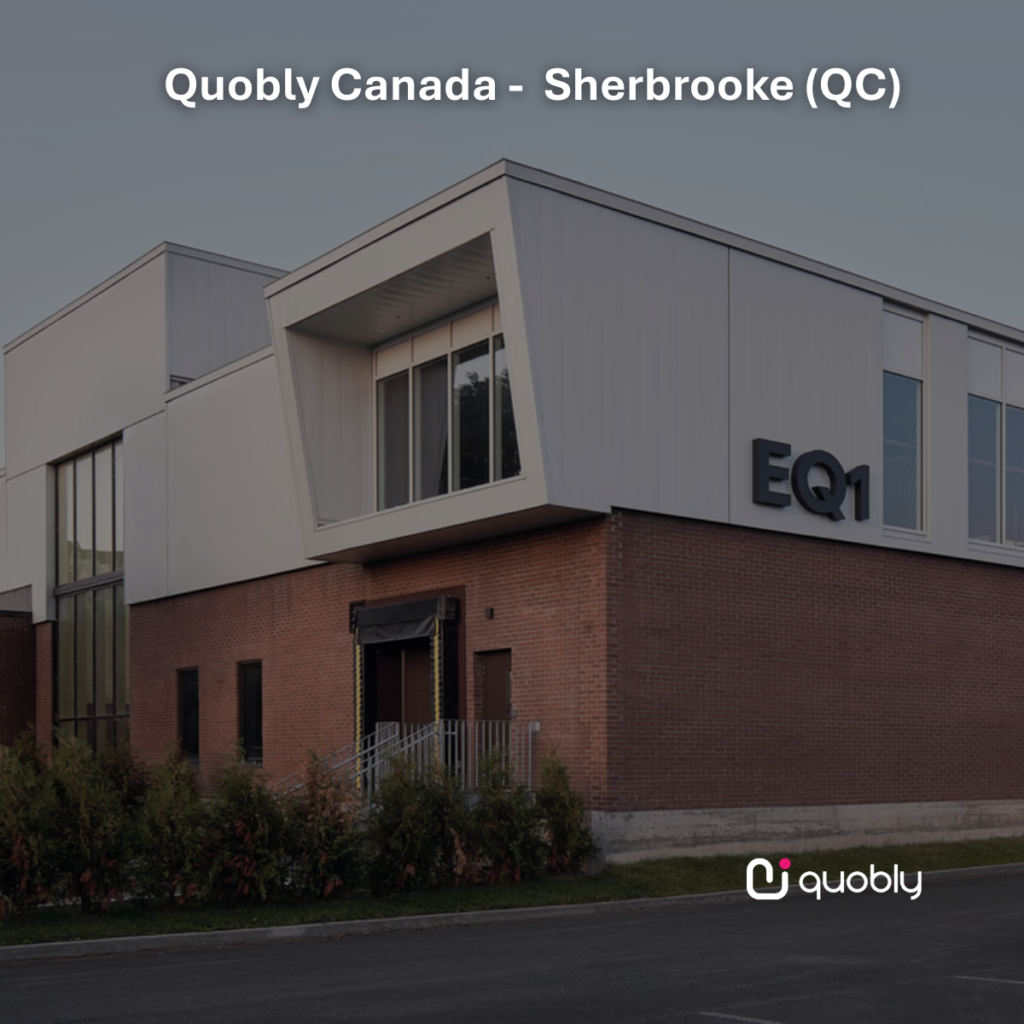It’s easy to make predictions — it’s an entirely different thing to make educated predictions, forecasts based on an investment thesis, data analysis, an intuition on trends and decades of experience.
That’s what the best venture capitalists do every day.
We asked a few of the best VCs with a strong understanding of the complex, emerging quantum computing industry to give us an idea of what 2024 will be like for quantum. Here are their responses:


Niels Nielsen — Founding Partner 2XN
 “2024 will be a critical year for quantum technologies. On the computing side, we have seen incredible technical progress this past year across various hardware platforms, from record qubit counts on superconducting and neutral atom platforms, to record gate fidelities on ion traps.
“2024 will be a critical year for quantum technologies. On the computing side, we have seen incredible technical progress this past year across various hardware platforms, from record qubit counts on superconducting and neutral atom platforms, to record gate fidelities on ion traps.
Several roadmaps are now pointing to the first undeniable demonstration of useful quantum advantage in 2024. We expect this demonstration to be in computational chemistry, on a use case relevant to pharma or materials engineering, which is why we have made investments in companies like QSimulate and Kvantify. This will be a turning point for the sector, and we expect it to generate an in-flux of funding, especially into companies developing the application layer for quantum computing, with established customer relationships. The integration of AI with quantum computing, which has started in earnest in 2023, will also continue to grow, and we will see quantum techniques increasingly being used to improve current generative models.
On the sensing side, we will see more companies appear that leverage quantum sensors for clear and valuable use cases. 2024 will also be an important year for quantum-proof security, with standards, regulations and recommendations becoming clearer, boosting some approaches and requiring others to pivot.”
Stuart Woods, Chief Operating and Strategy Officer, Quantum Exponential
 “Infleqtion will become the JDSU for the quantum market. The first quantum sensors will go into FDA certification and quantum sensors, generally, will become more common. We will see the first quantum sensors tested in smart infrastructure applications.
“Infleqtion will become the JDSU for the quantum market. The first quantum sensors will go into FDA certification and quantum sensors, generally, will become more common. We will see the first quantum sensors tested in smart infrastructure applications.
In the development of quantum technologies, silicon photonics will become more mainstream, and the processing of silicon-28 will show promise for traditional industries.
Partnerships between like-minded countries in quantum will strengthen and FVEYs will expand. NATO will become increasingly more relevant to quantum. Mergers will generate growth opportunities for existing quantum companies with neutral to up rounds. Quantum hardware and software companies will find it advantageous to merge to develop capabilities synergistically. Quantum control companies will face new challengers as competition in the market increases. We will be one year closer to a large exit and everyone will be surprised at how far we have come.”
Christophe Jurczak, Managing Partner, Quantonation
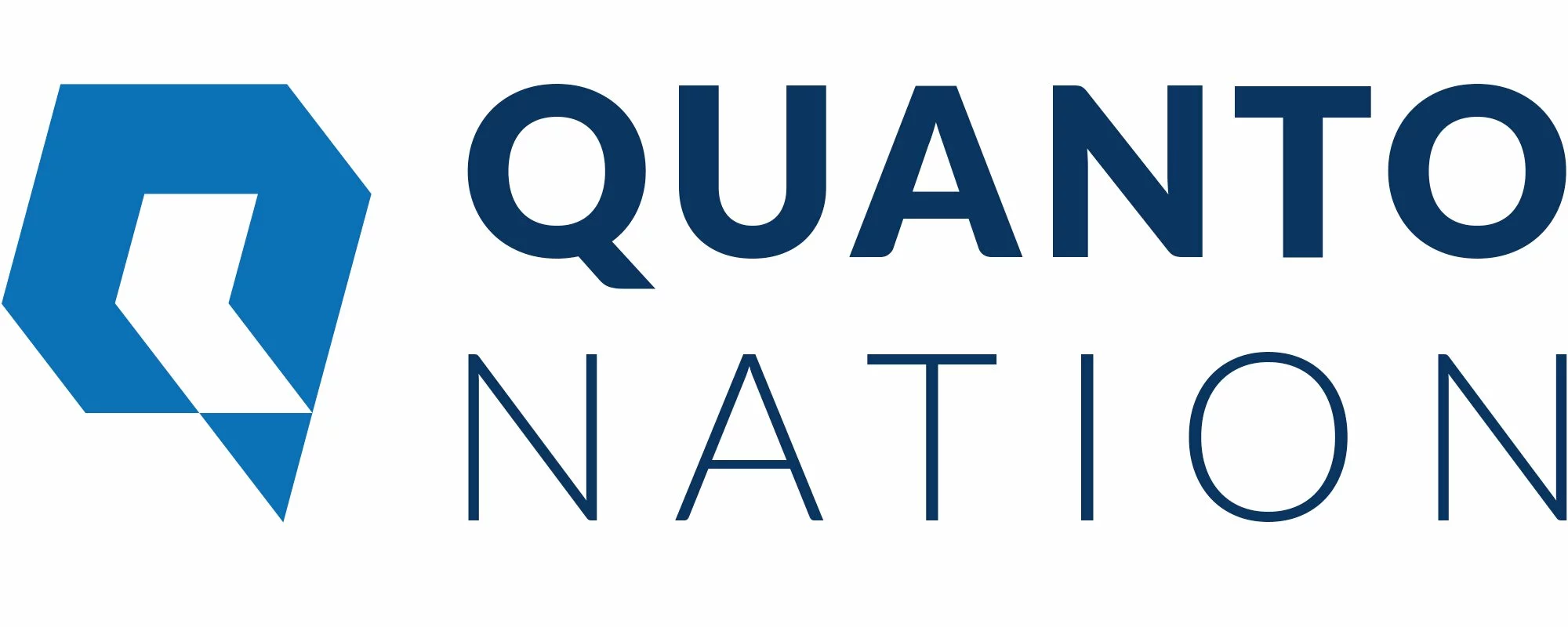
 “I’m expecting for 2024 – and am looking forward to – a significant change in the way Quantum technologies are perceived by end-users and investors: we will see more of a focus on hybrid solutions where Quantum can bring a difference with respect to a variety of metrics – speed, accuracy, energy consumption, security, precision … – instead of debates on specific qubits and technologies.
“I’m expecting for 2024 – and am looking forward to – a significant change in the way Quantum technologies are perceived by end-users and investors: we will see more of a focus on hybrid solutions where Quantum can bring a difference with respect to a variety of metrics – speed, accuracy, energy consumption, security, precision … – instead of debates on specific qubits and technologies.
This is also reflected in our new fund Quantonation II that is starting investing in Q1 2024, with a narrative much more driven by applications, and especially ones with a societal impact (energy transition, climate change, health, ….).
I think this is an important shift for the whole ecosystem, and I’m looking forward to this evolution. ”
Chiara Decaroli, PhD Deep Tech VC | Quantum Fund Investment Manager @Redstone
 “I have recently transitioned to a role as a manager for an investment fund dedicated to quantum computing – I have seen a few other such funds being launched (e.g. in the Netherlands and Canada) and I expect quantum to gain increasingly greater interest among deep tech and specialised investors.
“I have recently transitioned to a role as a manager for an investment fund dedicated to quantum computing – I have seen a few other such funds being launched (e.g. in the Netherlands and Canada) and I expect quantum to gain increasingly greater interest among deep tech and specialised investors.
The industry is moving at pace, and I am hopeful that quantum hardware developers will continue to innovate and scale their machines to reach better performance and uncover the first commercial use cases for this technology. At the same time I expect improvements in hardware control, gate optimization and error mitigation – these will help expand the current and future capabilities.
As the technology matures, while the space of opportunity increases, the space of risk also becomes more concrete. I expect more awareness towards the quantum threat, and that more and more organisations will develop and deploy their mitigation strategies towards quantum-safe cybersecurity solutions.”
Dmitry Galperin, General Partner, Runa Capital
 “Quantum computing which attracted a lot of attention in the previous years will continue to accelerate. The competition is hot, and we’ll see larger qubit counts and higher fidelities next year paving the way to error-corrected quantum computing.
“Quantum computing which attracted a lot of attention in the previous years will continue to accelerate. The competition is hot, and we’ll see larger qubit counts and higher fidelities next year paving the way to error-corrected quantum computing.
However, my enthusiasm extends beyond computing to emerging quantum technologies like truly quantum networks, laying the groundwork for a quantum teleportation. Quantum metrology and sensing also take center stage, revolutionizing fields such as medical imaging, biomagnetic field studies, geophysics, materials research, and navigation through precise magnetic field measurements.
As the quantum realm continually evolves, the year ahead holds the potential for groundbreaking advancements across diverse disciplines.”
Adam Hammer, CEO Roadrunner Ventures

“In quantum computing hardware, I expect plenty of activity and announcements to keep investors interested during long R&D periods, but only gradual progress as more players enter the field.
Prominent companies like Google, IBM, Quantinuum, IonQ, and Rigetti are working on improving their quantum products, focusing on error correction and making them suitable for datacenter use. Some are also creating user-friendly software and tools for developers to access quantum resources. I believe companies that lead in developing a useful abstraction layer tool will have a strong position as quantum hardware advances.
Quantum algorithms are an exciting field to watch this year. Researchers are working on combining quantum and classical computers for various applications. While quantum computers are not yet as powerful as the best classical ones for all tasks, there are promising hybrid algorithms. These could be used for:
- Improving machine learning model creation and training, which is crucial due to the time and energy required for large models.
- Enhancing simulation tools, especially for optics and materials science, benefiting semiconductor companies.
- Speeding up drug discovery in the pharmaceutical industry.
Expect progress in quantum inertial sensing as well. Universities and National Labs — many of whom we work with at Roadrunner Venture Studios — have developed valuable intellectual property, and we may soon see more advanced systems in this field. There’s strong customer interest because inertial sensing is crucial for navigation in GNSS-unavailable or denied environments, like underwater or underground, and in situations where GPS signals can be jammed or spoofed — a major concern for the U.S. military.”
Nardo Manaloto, Managing Partner, Qubit Ventures
“At Qubits Ventures, my role has provided me with a unique vantage point to observe and engage with the quantum industry’s evolution over the years. This experience has enabled me to interact with a diverse array of stakeholders, both locally and internationally. Based on these interactions and my observations, I offer the following insights for 2024:
evolution over the years. This experience has enabled me to interact with a diverse array of stakeholders, both locally and internationally. Based on these interactions and my observations, I offer the following insights for 2024:
- Expansion in Quantum Photonics: We anticipate a significant increase in photonics technologies, which are fundamental to the advancement of quantum technologies. This expansion will cater to various sectors, including quantum computing, sensing, networking, and cybersecurity, with innovations such as integrated quantum photonics chips, interconnects, detectors and photon switches.
- Advancement in Quantum-Inspired Applications: There will be a rise in startups focusing on Quantum Machine Learning (QML) and Quantum Artificial Intelligence (QAI) that are either creating new applications or updating their current product roadmaps to include quantum simulation and capabilities that operate within classical computing architectures. This trend is crucial for demonstrating the immediate business benefits of quantum technologies while bridging the gap to production-ready quantum computers in the long term. It also enables these startups to generate revenue earlier, paving the way for a smooth transition to hybrid and fully quantum applications in the future.
- Focused Funding for Quantum and Photonics Components: Recognizing the complexity of the quantum tech stack, which includes diverse components like electronics and optics, there will be a heightened emphasis on establishing specific funding programs due to the urgency of creating our own quantum supply chain. These programs will support companies essential to the quantum ecosystem, particularly those not typically in the purview of traditional venture capital investments.
- Growth in Quantum Startups: After a downturn in 2023, we predict a moderate increase in the number of quantum startups in 2024. This growth is expected due to improved market awareness, better financial conditions, rapid innovation, global competition and enhanced funding opportunities both locally and internationally.
In summary, the year 2024 holds promising prospects for the quantum industry, driven by technological advancements, strategic developments, and increased investment in the foundational elements of quantum computing.”
Martin Laforest, ACET Quantum Strategy Director and Quantacet Co-manager
 “While still in its early stage, the financing landscape in the quantum space has exhibited a preference for growth-stage enterprises posing a real challenge for emerging startups seeking initial funding. Moreover, most funds with a quantum appetite have invested in a single company, typically in quantum computing, leaving on the table foregoing opportunities in new quantum computing modalities, quantum communication, sensing, materials and enabling technologies.
“While still in its early stage, the financing landscape in the quantum space has exhibited a preference for growth-stage enterprises posing a real challenge for emerging startups seeking initial funding. Moreover, most funds with a quantum appetite have invested in a single company, typically in quantum computing, leaving on the table foregoing opportunities in new quantum computing modalities, quantum communication, sensing, materials and enabling technologies.
As significant progress is made towards quantum utility and fault-tolerant quantum computing, expectations for 2024 involve sustained substantial fundraising by key players in the sector. Furthermore, we will likely witness consolidation trends of technological approaches and mergers of hardware, middleware and software offering. My sincere hope is that we will also see capital increased financing for early-stage quantum startups and the arrival of more funds similar to Quantacet acting to catalyse early-stage opportunities in quantum computing, communication, sensors, materials and enabling technologies.”
For more market insights, check out our latest quantum computing news here.



